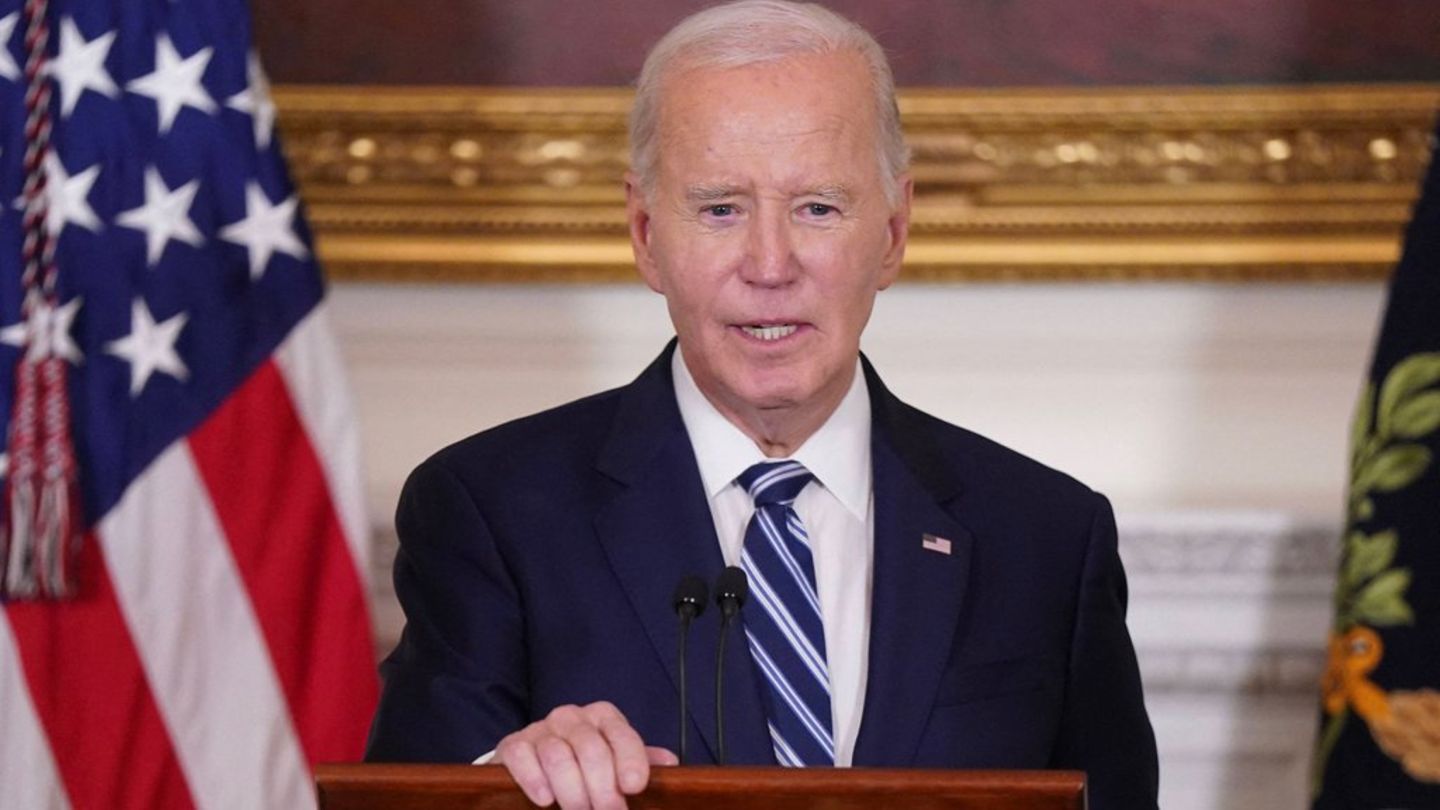While the EU states are struggling for asylum reform, the UN is reporting more migrants coming to Europe via the Mediterranean. Most have so far been registered in Italy.
According to the UN refugee agency UNHCR, around 186,000 people have already arrived in Europe via the Mediterranean this year. Most of them, 130,000, were registered in Italy; This corresponds to an increase of 83 percent compared to the same period last year. The director of the UNHCR office in New York, Ruven Menikdiwela, said this in the UN Security Council on Thursday.
The number of missing and dead people between the beginning of January and September 24th was over 2,500 people, it was said. The international migration organization IOM recently spoke of over 2,700 dead and missing people. According to the IOM, in addition to migration to Italy, migration to Greece also increased sharply – but the current figures cannot be compared with the very high ones from 2015. Arrivals in Spain, on the other hand, would be at roughly the same level year-on-year.
Insecurity and racism as reasons for many migrants to flee
According to the United Nations, the largest number of migrants departed from Tunisia, with more than 100,000, followed by Libya with more than 45,000. In addition to Italy, Greece and Spain, the boats also headed for Cyprus and Malta. The sharp increase in crossings has recently led to tensions within the EU over measures to limit them.
According to Menikdiwela, the high migration numbers from Tunisia are also due to “insecurity among refugees following incidents of racially motivated attacks and hate speech” as well as collective deportations from Libya and Algeria. “This comes against the backdrop of a deteriorating security situation in several neighboring countries of North African states.”
Federal government gives up resistance to EU asylum reform
In Europe, the federal government gave up its resistance to a core element of the planned EU asylum reform after weeks of blockade. Federal Interior Minister Nancy Faeser (SPD) announced on Thursday at an EU meeting in Brussels that the coalition of SPD, Greens and FDP agreed to a new text proposal for the so-called crisis regulation. “Although we still need to make further changes and beyond, we are living up to our responsibility today,” she explained.
Migration 2023
Most refugees come to Germany from these countries
However, there was no formal agreement on the new text. After the meeting, Faeser spoke of a “political agreement”. However, the Spanish EU Council Presidency expressed itself differently: There are some details that still need to be worked out, said Spanish Interior Minister Fernando Grande-Marlaska. The rules are a central element of the planned EU asylum reform, which is intended, among other things, to limit unwanted migration.
For example, if there is a particularly strong increase in migration, the period during which people can be held in prison-like conditions should be extended. In addition, the circle of people who are eligible for the planned strict border procedures could be increased. In Brussels, the federal government had explained its rejection of the proposal for the regulation for weeks by saying that this set of rules could enable EU states to unacceptably lower protection standards for migrants.
Pro asylum: “Dramatic signal” for human rights
According to the plans for asylum reform, member states would have to register all arriving people even if there was a sharp increase in migration. A possible extension of deadlines for this would only be possible with the prior consent of the Council of Member States.
The same applies to the weakening of protection standards. Even in a crisis situation, there are still a number of control options to prevent misuse. The refugee and human rights organization Pro Asyl described the federal government’s decision as a “dramatic signal that human rights no longer play a role.”
Why time is of the essence
The basis of Faeser’s announcement was a slightly revised version of the original proposal for the crisis regulation by the Spanish EU Council Presidency. Above all, it should enable the German Greens not to make the approval seem like a major defeat.
According to the new text of the EU Council Presidency, for example, a rule was deleted that would have allowed EU countries to temporarily deviate from EU standards for material support services and access to medical care in the event of a large influx of people. In addition, applications for the protection of minors and their family members should be given priority, even in crisis situations.
The planned asylum reform should take place as quickly as possible. Because time is of the essence: there are European elections in June next year. Projects that have not yet been negotiated with the governments of the member states could then be called into question again and be delayed for a long time.
Source: Stern
I have been working in the news industry for over 6 years, first as a reporter and now as an editor. I have covered politics extensively, and my work has appeared in major newspapers and online news outlets around the world. In addition to my writing, I also contribute regularly to 24 Hours World.




